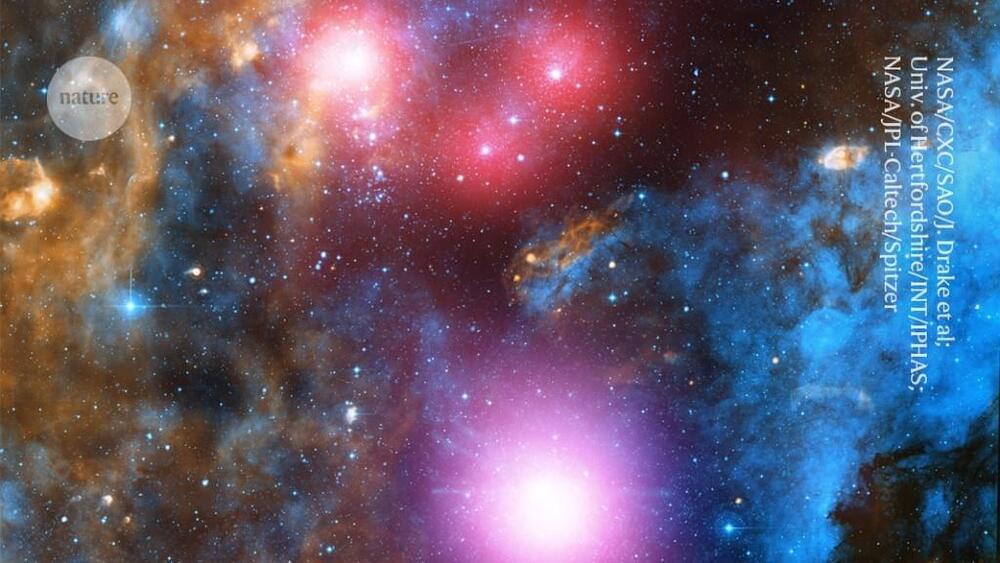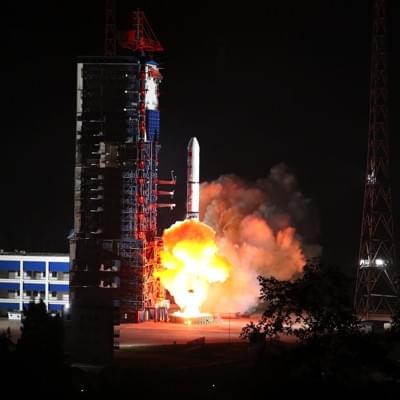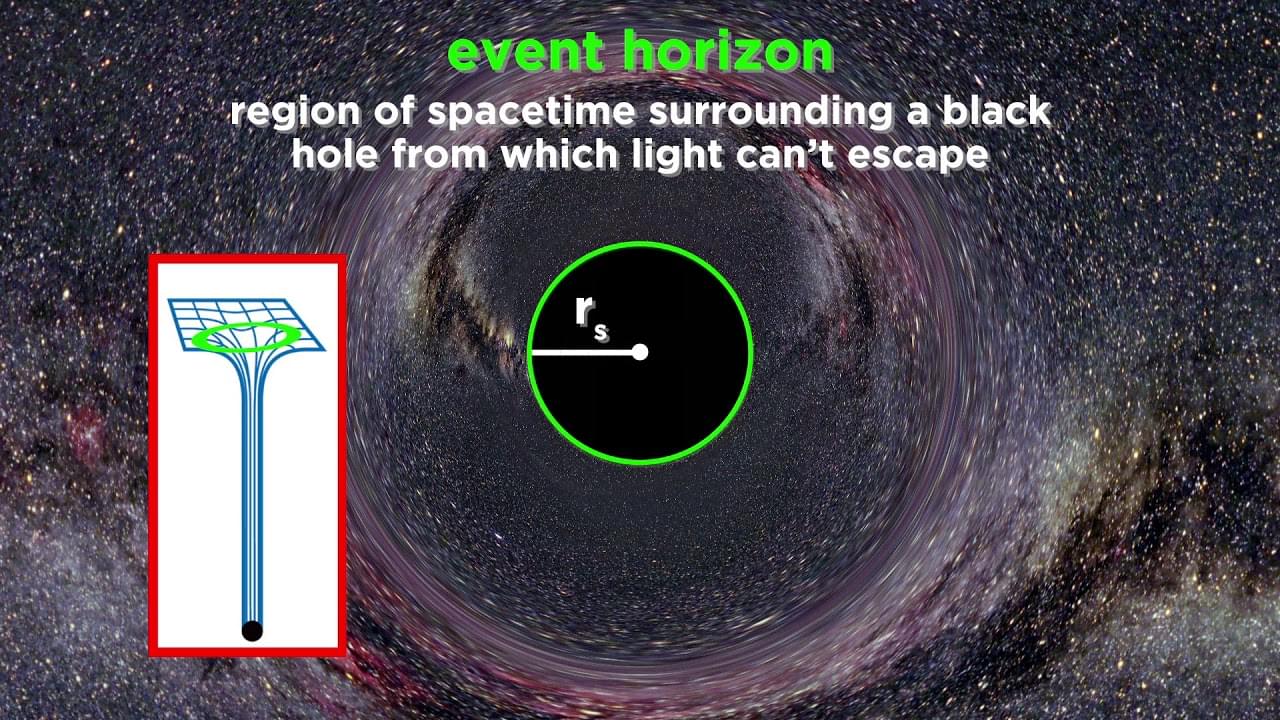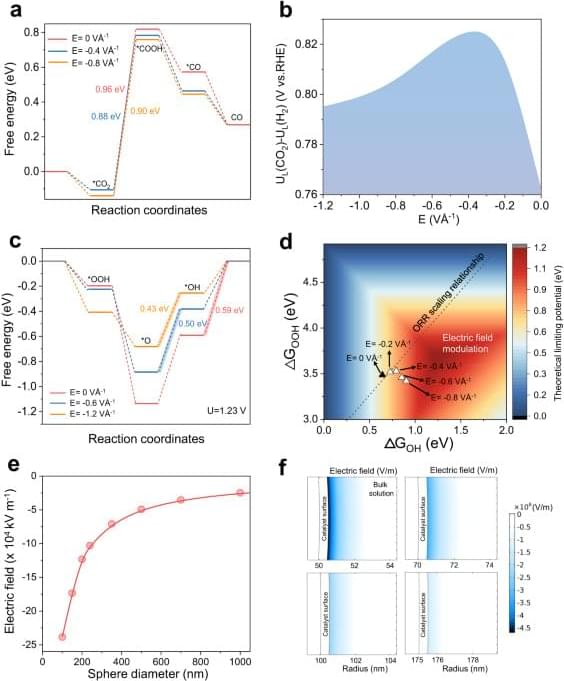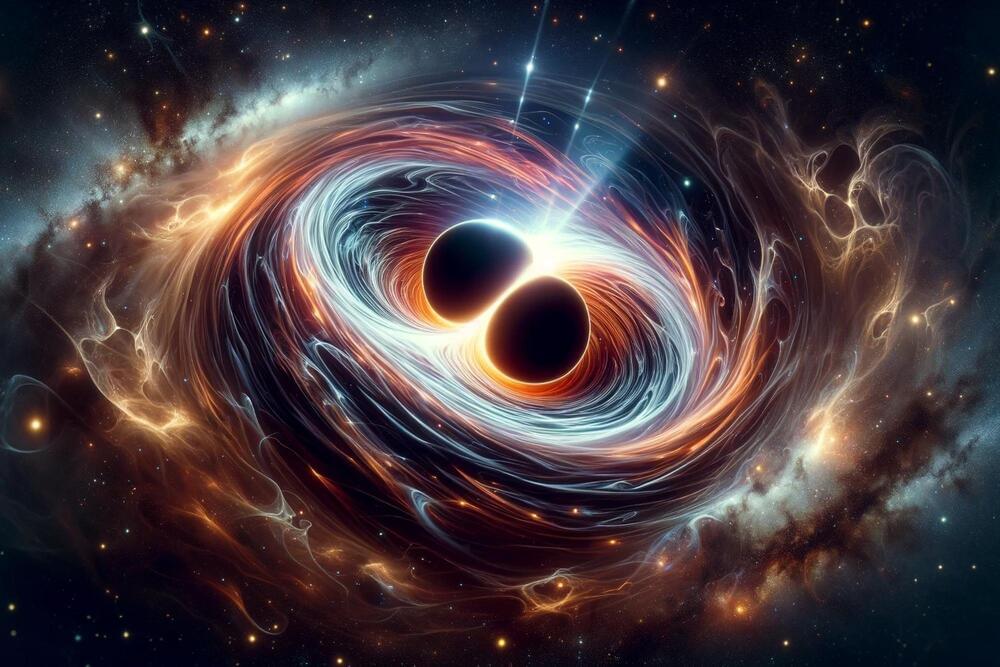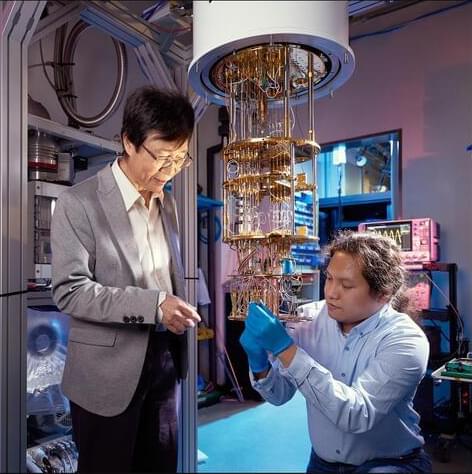
Academia Sinica has achieved a significant milestone in the field of computing with the successful development of a 5-bit superconducting quantum computer in Taiwan, marking a notable advancement in quantum technology. This accomplishment positions Taiwan as a key contributor to quantum computing research and development on the global stage.
In an interview with EE Times, Chii-Dong Chen, the principal investigator of Academia Sinica’s research team, emphasized the pivotal role of international collaboration in advancing Taiwan’s quantum technology research and development agenda.
Under the leadership of Chii-Dong Chen and with support from the National Science and Technology Council, Academia Sinica has demonstrated exceptional proficiency in pushing the boundaries of quantum computing technology. Through partnerships with various international teams, Taiwan has established academic collaborations to facilitate the exchange of knowledge and best practices, as well as provide access to resources, expertise and funding opportunities essential for driving innovation in quantum technology.
